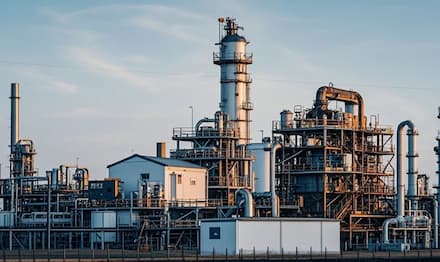In the oil and gas industry, foam can present significant challenges during various processes, from drilling and fracturing to refining and wastewater treatment. If not properly managed, foam can cause system inefficiencies, equipment damage, and delays, which ultimately affect operational costs and productivity.

One key benefit of using defoamers in oil and gas operations is their ability to reduce surface tension, preventing bubbles from forming and ensuring that the liquid phases in the system remain stable. This not only improves the efficiency of drilling operations but also enhances the performance of refining processes by reducing foam-related disruptions.
Moreover, many defoamers are designed to be highly effective at low concentrations, making them a cost-effective solution for operators. Eco-friendly and biodegradable options are also available, addressing the growing demand for sustainable and environmentally friendly practices in the oil and gas industry.
As the oil and gas sector continues to evolve, the demand for efficient and environmentally responsible foam control solutions is expected to grow. By incorporating the right defoamer solutions, companies can reduce downtime, minimize costs, and enhance operational efficiency, ultimately contributing to more sustainable and profitable operations.
Click on the related products links:RK-700P(High Effective Fermentation Antifoam) /RK-400S(Silicone Defoaming Emulsion)